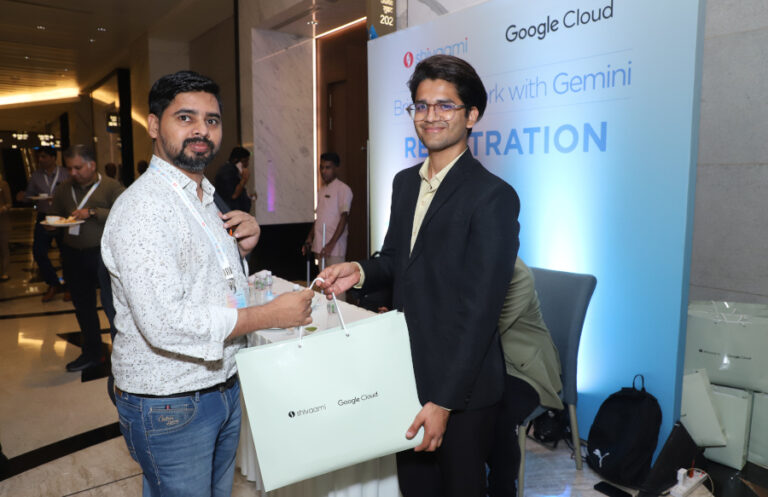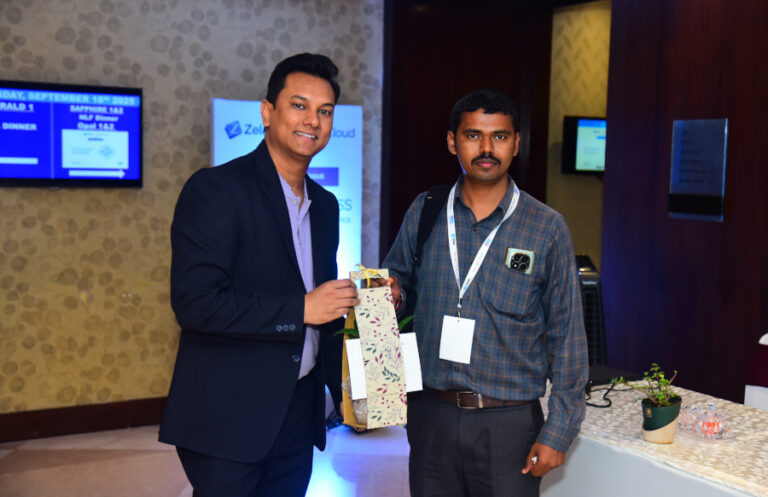As workplace dynamics continue to evolve in India’s booming knowledge economy, a quiet but powerful shift is underway in how companies engage and retain their talent: through consistent, thoughtful appreciation. Across sectors from IT to edtech, logistics to BFSI, leaders are discovering that grand gestures aren’t always necessary.
Often, it’s the small, intentional acts that leave a lasting mark. While competitive salaries and benefits remain important, many Indian organizations now recognize that a culture of gratitude, built through everyday interactions, can dramatically boost morale, loyalty, and productivity.
This shift is especially visible in startups and mid-sized firms, where team cohesion and agility are business-critical. A morning shout-out in a team huddle, a handwritten note from a reporting manager, or an unprompted recognition post on Slack or LinkedIn, such seemingly minor actions have begun playing a major role in defining workplace culture. HR leaders call it “micro-recognition,” and it’s catching on fast.
Public sector undertakings and government-led digital missions have also started experimenting with appreciation models, such as peer-nominated spot awards and internal leaderboards, not only to motivate staff but to foster accountability and pride in service. Interestingly, this culture is not limited to white-collar settings. On shop floors and in logistics hubs, small perks like surprise lunch treats, birthday cards signed by team leads, or even five-minute feedback huddles are proving to boost trust and retention among frontline workers.
In India’s fast-paced, output-driven work environment, small actions, timely praise, respectful listening, celebrating effort rather than just outcomes, are emerging as strategic imperatives. As Gen Z and millennial professionals prioritize culture over hierarchy, companies that bake appreciation into daily workflows are seeing stronger team cohesion and lower attrition.
At a time when burnout and disengagement are real risks, fostering a culture of gratitude might just be the most cost-effective leadership strategy. And in doing so, Indian firms are proving that kindness, when institutionalized, can be just as powerful as KPIs.











